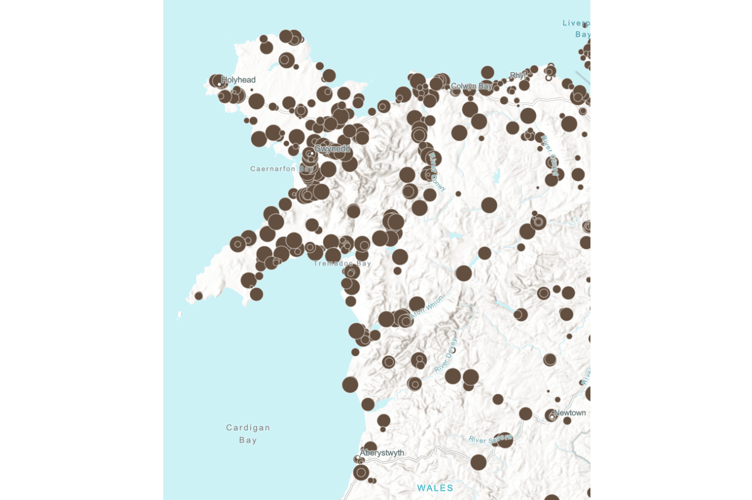Llanbrynmair has been ranked the ‘worst in Wales’ for sewage discharge, with overflow happening every day for eight months and 10 days in 2023.
The overflow into the Afon Dyfi is the highest record of spills for the entire country and has topped the highest list for three years, coming second in 2022 and top in 2021.
This sparks “serious concerns” about environmental and public health in the Dyfi Valley, an area popular with wild water swimmers.

North Wales Rivers Trust CEO Laura Owen Sanderson said: “This is the third year in a row Llanbrynymair sewer storm overflow has topped the list. “This is appalling news for the Dyfi - Once teeming with Celtic sea trout.
“We are calling for Natural Resources Wales to take action to ensure Dwr Cymru take swift and decisive action to mitigate the impact of discharges and uphold environmental stewardship.”
North Wales saw a total of 26 years, two months and 27 days worth of sewage spillage in 2023, with the River Trust calling on Dwr Cymru to ensure all assets stay below the legal limit.
Sewer overflow from Dwr Cymru (Wales Water) often comes from combined sewers, which includes raw sewage, wastewater and rainwater from roads, gardens and roofs.
Though new sewers aren’t built this way, an estimated 60 per cent of Welsh housing is still hooked up to combined sewers.
Raw sewage carries pathogens and pollutants which harm aquatic ecosystems, and contaminate drinking water sources.
North Wales River Trust states the “prolonged duration of discharges” in Llanbrynmair exacerbates these risks.
This comes as NRW also works to stop pollutants from abandoned metal mine Dylife flowing into the Afon Dyfi and Afon Twymyn. The run-off from Dylife mine caused Afon Twymyn, upstream and connected to Dyfi, to fail to achieve ‘good’ status from the Water Framework Directive assessment.
NRW are in consultation to prevent nine tonnes of harmful metals from entering 20 kilometres of waterways.
NRW said previously: "We recognise the importance of preserving our rich mining history, whilst also developing a programme to tackle the pollution these abandoned mines cause.
"Over the coming years, the Welsh Government will support Natural Resources Wales and The Coal Authority to work collaboratively in the delivery of the Programme.
"Our primary aim is to reduce pollution from abandoned metal mines to improve the health of our rivers, which will benefit the environment, people and the economy."
Dwr Water and NRW have been contacted for comment.




